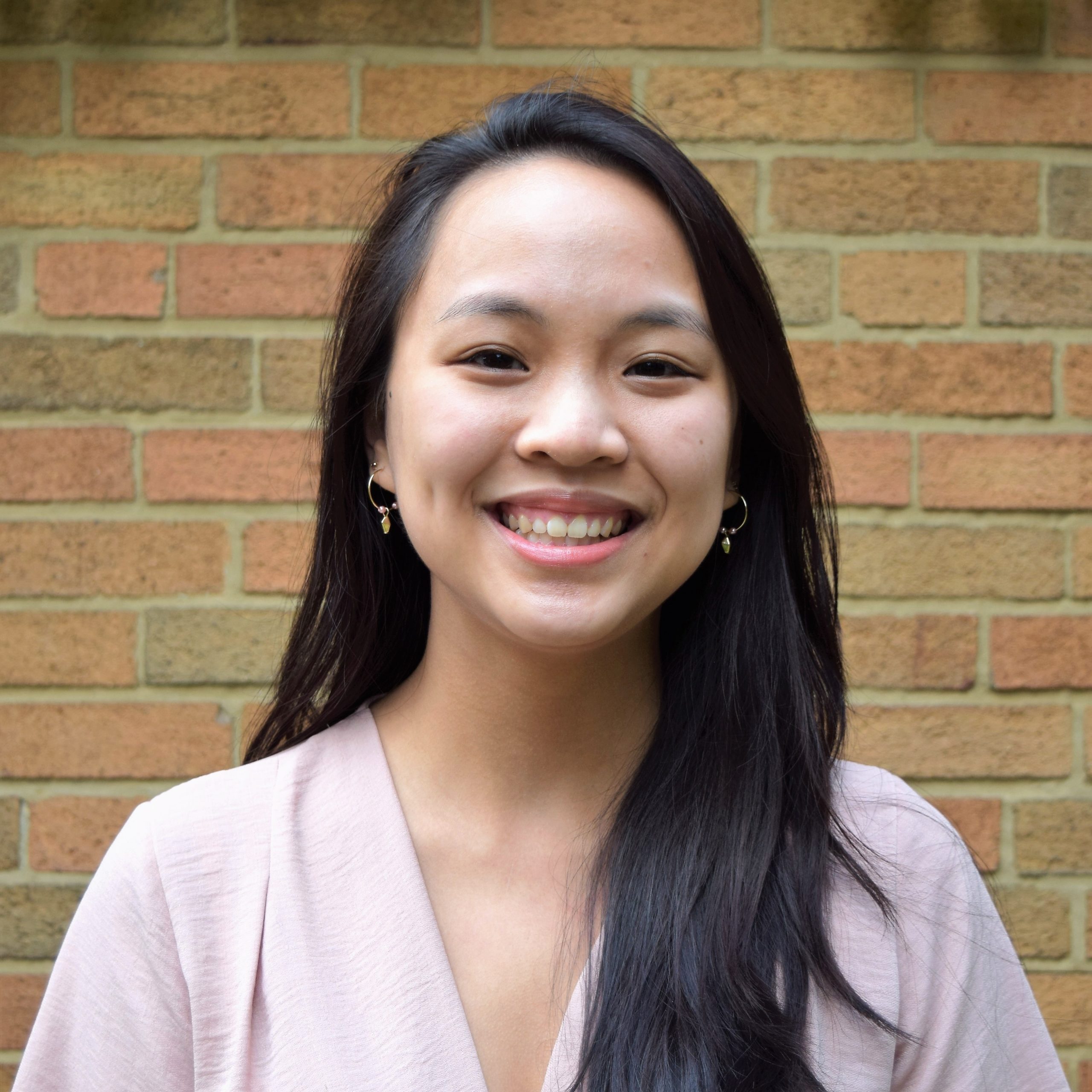During my freshman year of college, I learned there are two common narratives surrounding what service is— one with an emphasis on “doing for” and the other on “being with.” In his piece, “Rethinking Service,” Samuel Wells discusses how people often view mortality as the fundamental problem of human existence and, therefore, strive to do and create things “for” people to make their lives better and worth the time they are alive. However, Wells argues that “doing for” does not get to the heart of most issues unless people are first “with” others and therefore proposes that the real problem is isolation. Often, those who are the most marginalized and oppressed are those who are the most ignored and stripped away of their humanity and dignity.
Throughout the latter half of my college experience, I forgot that the core of acknowledging ones’ dignity and humanity is through being with them. For a while, I debated between working directly with individuals who are part of marginalized communities or in nonprofit management and/or macro-level structural change. I considered that while doing work on a micro-level is beneficial for the individuals being served, it is rather unproductive in the long run because it wouldn’t instigate sustainable change for the greater community. I kept thinking about how I could be of service “for” others and held onto the belief that the best way to be productive in working towards positive social change is to work directly on changing the systems that are already in place.
Through immersing myself in service, I came to remember that I come from a place of privilege. If I start working on systemic issues based on what I think is right, I would only be “doing for” and, as such, committing a massive injustice to the people who are affected by these systems because I would not honestly know what they are striving for. I believe sustainable change is only viable if those who are most affected by those changes are the ones who have the most prominent voice in the process. Without genuinely getting to know those who are affected and their surrounding communities, there is no possible way I can authentically represent them and lift their voices, no matter what I think is right and wrong.
While I still debate whether my skills would be more useful for micro or macro-level work, I understand that I must first immerse myself and form relationships within the communities I want to work with. This way, I can better understand how to fight and stand with them. I believe Amate House exemplify these values as we are not only living in community with fellows from different background and experiences, but we are also in a position to be with the people we are serving for a year. We have an opportunity to establish relationships with the people we serve and learn from one another. While I have the chance to “do for” through the direct work at our site placements, my priority is “being with” and getting to know those that I am serving. By committing a year of service to service with Amate House, I hope to be continuously challenged to “be with” while also exploring what my skills are and how I can serve others in the future. I hope that this mentality can be engrained in all of the fellows so that wherever we go and whatever we do afterward, we will remember the importance of “being with.”

